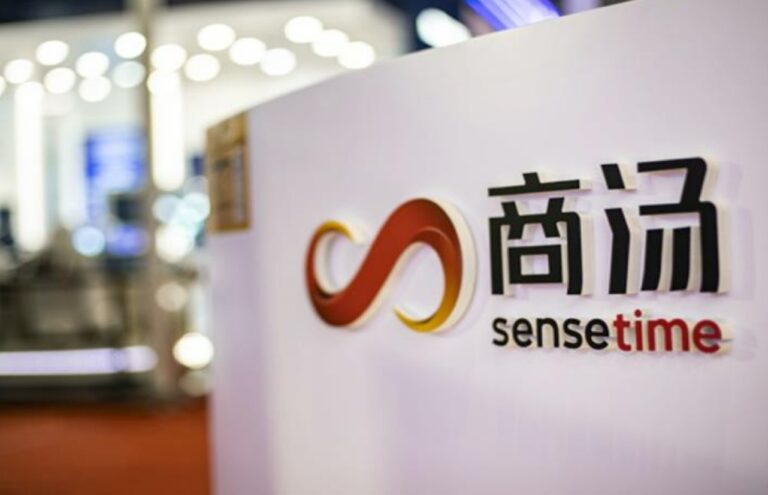ChatGpt’s latest Chinese rival is called SenseChat and was developed by SenseTime, a leading artificial intelligence company, which is also joined by Alibaba’s Tongyi Qianwen. But Beijing seems worried by all this progress and is trying to put a stop to it.
To OpenAI’s ChatGpt chatbot, Beijing responds not only with Baidu’s Ernie Bot and the projects of Alibaba and Tencent. But now also with SenseChat from SenseTime, a leading artificial intelligence (AI) company.
After yesterday’s unveiling, the Hong Kong-based company’s shares flew off the stock exchange today, and among its investors are both Alibaba’s holding company and Japan’s Softbank Group Corporation.
Table of Contents
What SenseChat can do
As Bloomberg reports, SenseTime’s CEO Xu Li showed how SenseChat – which is based on a Large Language Models (LLM) called SenseNova – was able to tell a story by answering different questions and help recheck, translate, and write computer code. Starting with not too elaborate questions in English or Chinese.
The CEO went on to say that currently human programmers do about 80 per cent of the work in AI development. But in the future, the situation will be reversed, with AI managing 80 per cent of the effort while humans will take care of the remaining 20 per cent to direct and refine.
SenseNova was described by Xu as ‘a supermarket of large language models’, which partners will be able to connect to in order to continuously update it.
Other SenseTime revelations
But SenseTime, in addition to SenseChat, unveiled a number of new artificial intelligence services developed thanks to the company’s access to vast amounts of data and available computing power.
These include an image-processing tool called Miaohua, literally ‘draw in seconds’. A product capable of modelling the movements of a human being to animate a digital being in a video called Ruying, or ‘like a shadow’. And, finally, a structure modelling service that uses AI rendering to generate 3D buildings.
The stock market’s reaction
SenseTime shares soared 11% today, Reuters reported. Also celebrating were investors such as Alibaba, whose shares rose 3.8 per cent, and Softbank, which climbed 0.5 per cent.
But benefiting from the progress in AI, notes the Financial Times, were many Chinese companies. While SenseTime’s shares have risen almost 50 per cent since the beginning of the year, those of Baidu have also risen more than 15 per cent.
The war between the US and China
The company, which is nevertheless under US sanctions, did not provide detailed plans for product launches. But said participants will be able to try them out.
Indeed, in 2019, the US placed SenseTime on a commercial blacklist after accusing it of developing facial recognition programmes that facilitate Beijing’s surveillance of Uighurs in the Xinjiang region.
At the time, Reuters recalls, SenseTime had stated that it strongly opposed the US ban. And would work with the relevant authorities to resolve the situation.
Alibaba’s Chatbot and the Chinese regulator’s grip on AI
But even Beijing does not blindly approve of all new technologies, not even those developed at home. The Ft, in fact, says that today the authorities proposed ‘new controls on artificial intelligence chatbots, in an attempt to control the way the country’s tech industry disseminates generative AI models‘.
In fact, just hours after the launch of Tongyi Qianwen, Alibaba’s chatbot unveiled today, China’s internet regulator, the Cyberspace Administration of China (CAC), published a draft of measures that ‘are likely to slow down Alibaba’s launch’. Thus fearing the influence chatbots can have on ‘social mobilisation’.
“Content generated by generative AI,” the CAC wrote, “must embody fundamental socialist values and there must be no content that subverts state power, advocates the overthrow of the socialist system, incites the division of the country or undermines national unity.
For these reasons, the regulator proposed that providers should subject their products to security checks before public release and that a database should be created to register them. Platforms should also verify the identity of users and allow usage to be tracked. Baidu’s Ernie Bot already requires users to provide their name and national identification number.
Moreover, according to the Ft, ‘gains in AI stocks have alarmed China’s regulators and state media, which have repeatedly warned investors against chasing a speculative frenzy’.
Read also: Boom of generative artificial intelligence companies in 2023: the top 6












